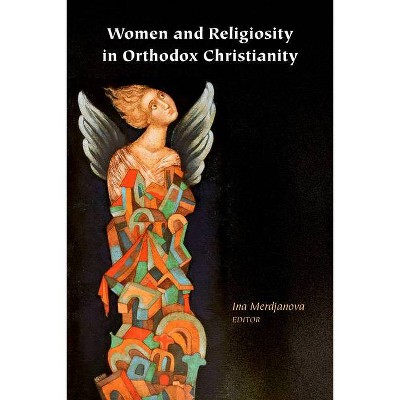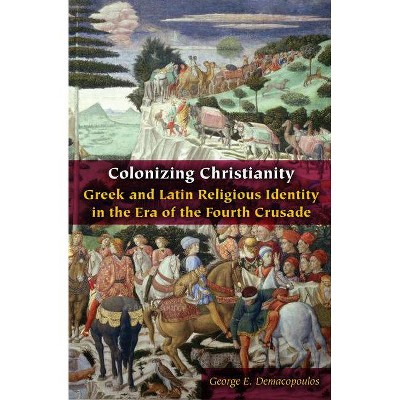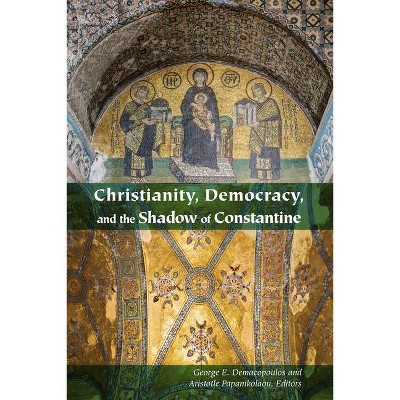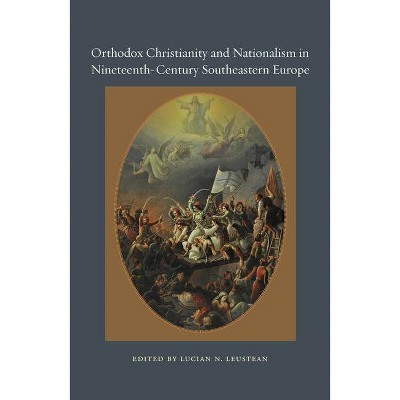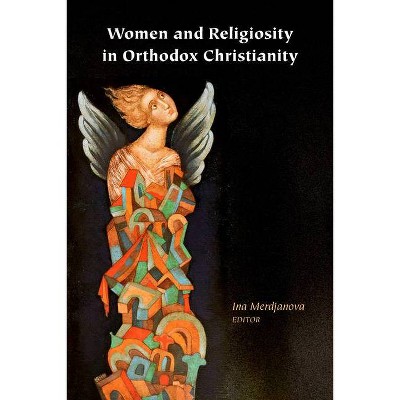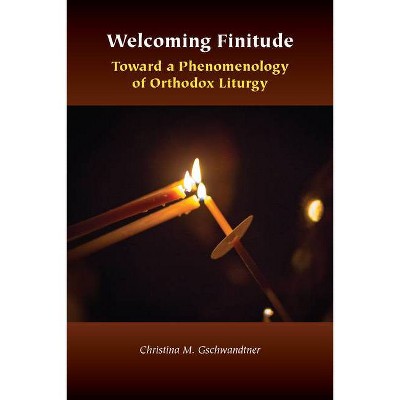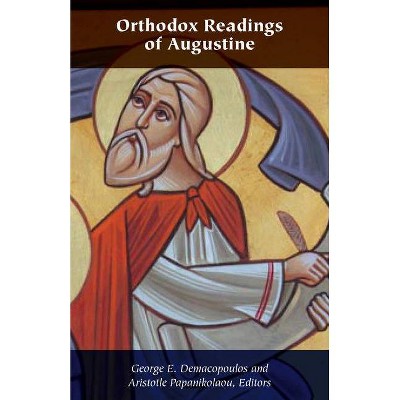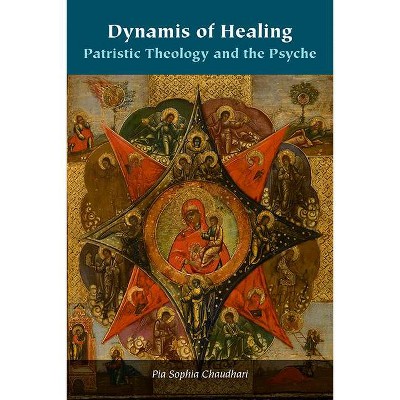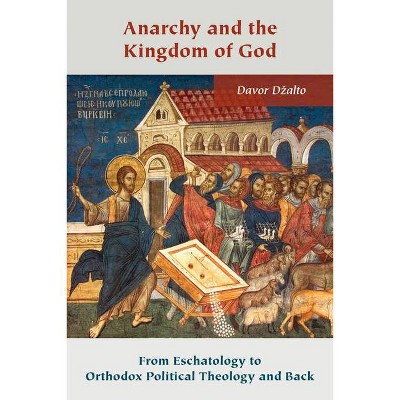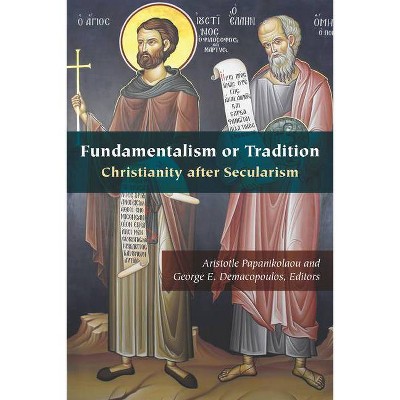Liturgical Theology After Schmemann - (Orthodox Christianity and Contemporary Thought) by Brian A Butcher (Paperback)
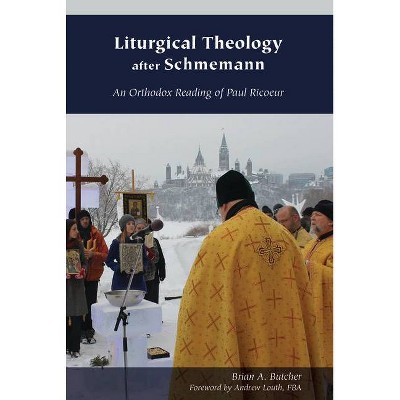
Similar Products
Products of same category from the store
AllProduct info
<p/><br></br><p><b> About the Book </b></p></br></br>French philosopher Paul Ricoeur gave sustained attention to several themes pertinent to a hermeneutics of liturgy, including symbol, metaphor, narrative, subjectivity and memory. This book explores how Ricoeur's original insights may serve to renew contemporary Orthodox liturgical theology. The Byzantine-Rite "Great Blessing of Water" serves as a case study.<p/><br></br><p><b> Book Synopsis </b></p></br></br>While only rarely reflecting explicitly on liturgy, French philosopher Paul Ricoeur (1913-2005) gave sustained attention to several themes pertinent to the interpretation of worship, including metaphor, narrative, subjectivity, and memory. Inspired by his well-known aphorism, "The symbol gives rise to thought," Liturgical Theology after Schmemann offers an original exploration of the symbolic world of the Byzantine Rite, culminating in a Ricoeurian analysis of its Theophany "Great Blessing of Water." . The book examines two fundamental questions: 1) what are the implications of the philosopher's oeuvre for liturgical theology at large? And 2)how does the adoption of a Ricoeurian hermeneutic shape the study of a particular rite? Taking the seminal legacy of Orthodox theologian Alexander Schmemann (1921-1983) as its point of departure, Butcher contributes to the renewal of contemporary Eastern Christian thought and ritual practice by engaging a spectrum of current theological and philosophical conversations.<p/><br></br><p><b> From the Back Cover </b></p></br></br><p>While only rarely reflecting explicitly on liturgy, French philosopher Paul Ricoeur (1913-2005) gave sustained attention to several themes pertinent to the interpretation of worship, including metaphor, narrative, subjectivity, and memory. Inspired by his well-known aphorism, "The symbol gives rise to thought," Liturgical Theology after Schmemann offers an original exploration of the symbolic world of the Byzantine Rite, culminating in a Ricoeurian analysis of its Theophany "Great Blessing of Water." . <p/>The book examines two fundamental questions: 1) what are the implications of the philosopher's oeuvre for liturgical theology at large? And 2)how does the adoption of a Ricoeurian hermeneutic shape the study of a particular rite? Taking the seminal legacy of Orthodox theologian Alexander Schmemann (1921-1983) as its point of departure, Butcher contributes to the renewal of contemporary Eastern Christian thought and ritual practice by engaging a spectrum of current theological and philosophical conversations.</p><p/><br></br><p><b> Review Quotes </b></p></br></br><br>Butcher's volume is a tour de force, in which the author exhibits a wide awareness of the scholarly work in liturgical theology and Ricoeurian studies.-- "Phenomenological Reviews"<br><p/><br></br><p><b> About the Author </b></p></br></br><b>Brian A. Butcher (Author) </b><br> Brian A. Butcher is Assistant Professor in the Metropolitan Andrey Sheptytsky Institute of Eastern Christian Studies at the University of St. Michael's College, in the University of Toronto. He also teaches at U of T's Trinity College, as well as at Augustine College (Ottawa). He is a contributor to the<i> Oxford Handbook of Sacramental Theology</i> and a subdeacon in the Ukrainian Greco-Catholic Church. <p/><b>Andrew Louth, FBA (Foreword By) </b><br> Andrew Louth, FBA, an Orthodox priest, is Professor Emeritus of Patristic and Byzantine Studies at Durham University, UK, and Visiting Professor of Eastern Orthodox Theology at the Vrije Universiteit, Amsterdam. He is the author of several books on patristics and theology. <p/>
Price History
Cheapest price in the interval: 45 on November 8, 2021
Most expensive price in the interval: 45 on December 20, 2021
Price Archive shows prices from various stores, lets you see history and find the cheapest. There is no actual sale on the website. For all support, inquiry and suggestion messagescommunication@pricearchive.us
